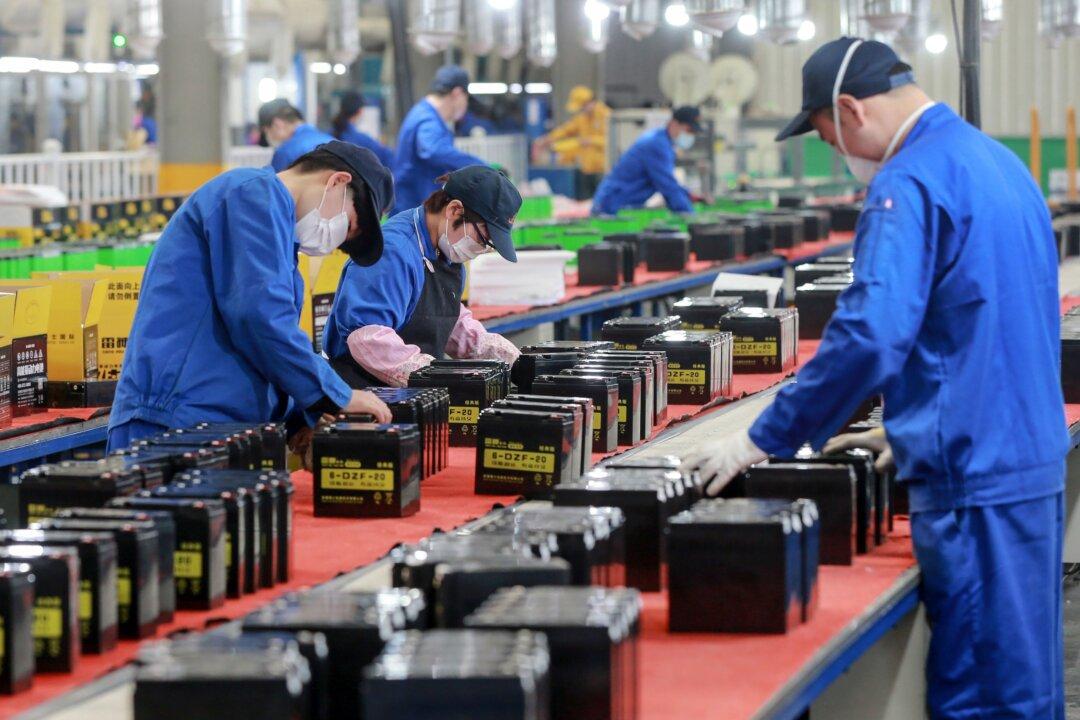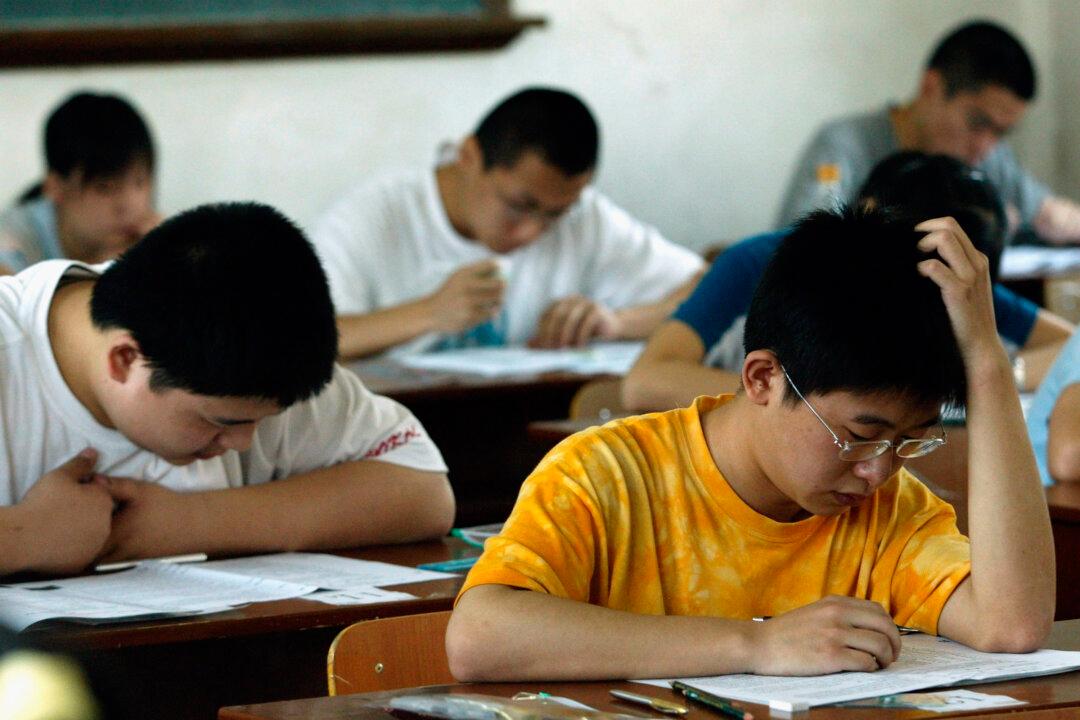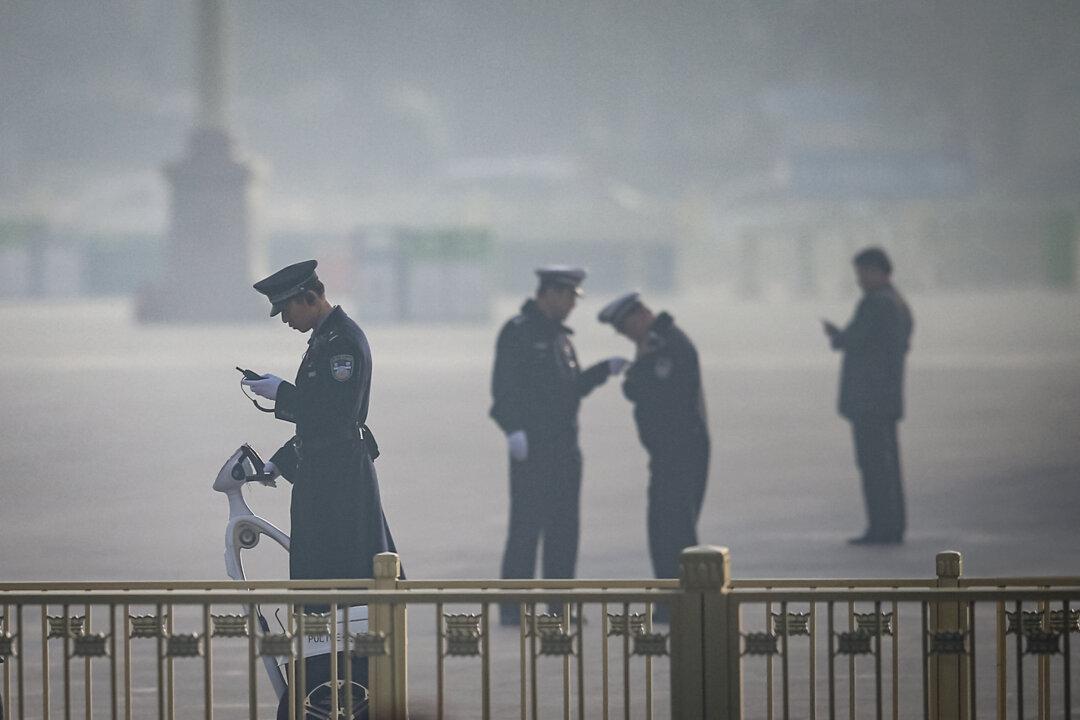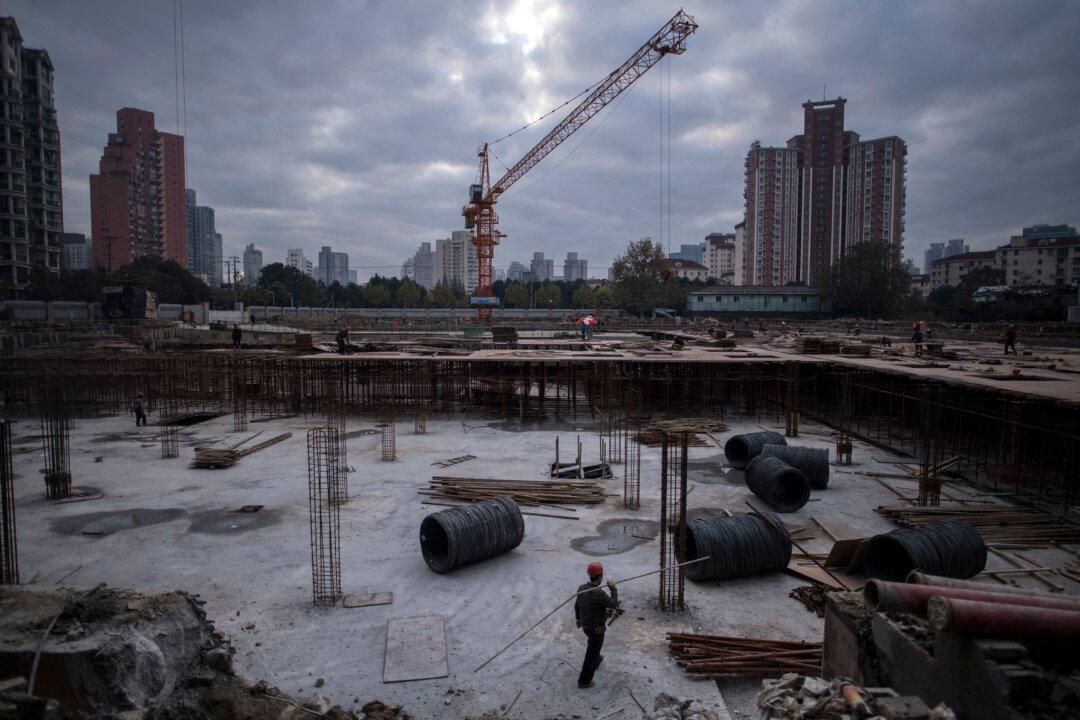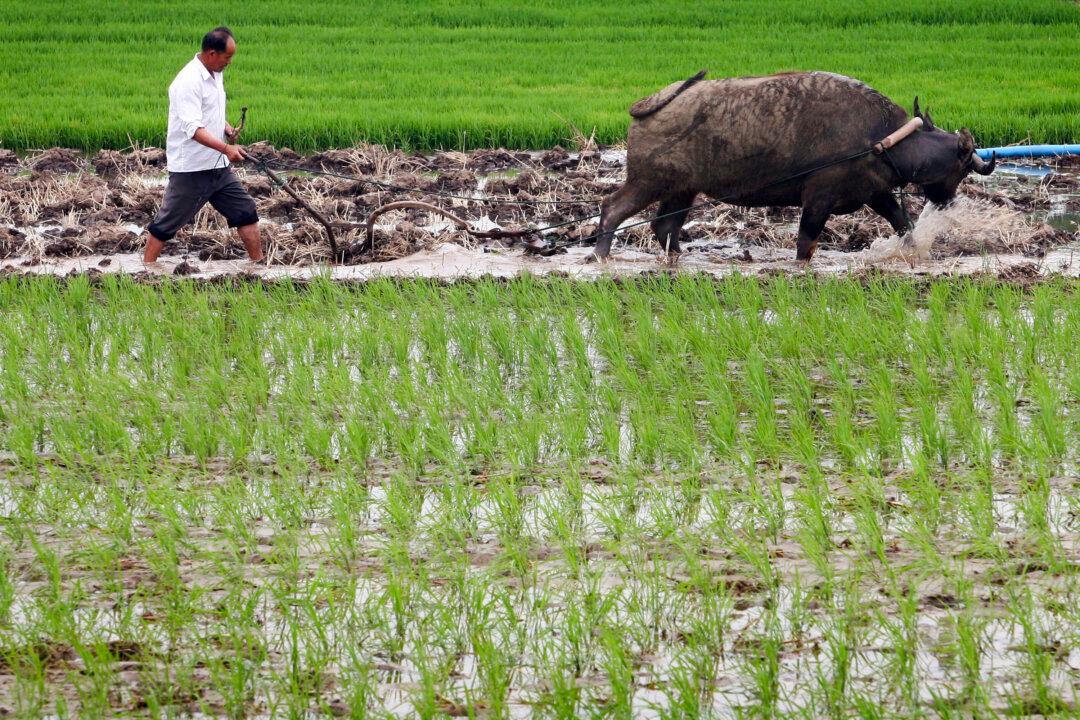Commentary
In his May 28 interview with Time magazine, U.S. President Joe Biden said that China’s economy is on the verge of collapse. In addition, President Joe Biden defended U.S. tariffs on Chinese products, stating that the United States would treat China reciprocally. He also criticized the Chinese Communist Party’s (CCP) Belt and Road Initiative (BRI), which has caused numerous problems in participating countries, especially African countries.
